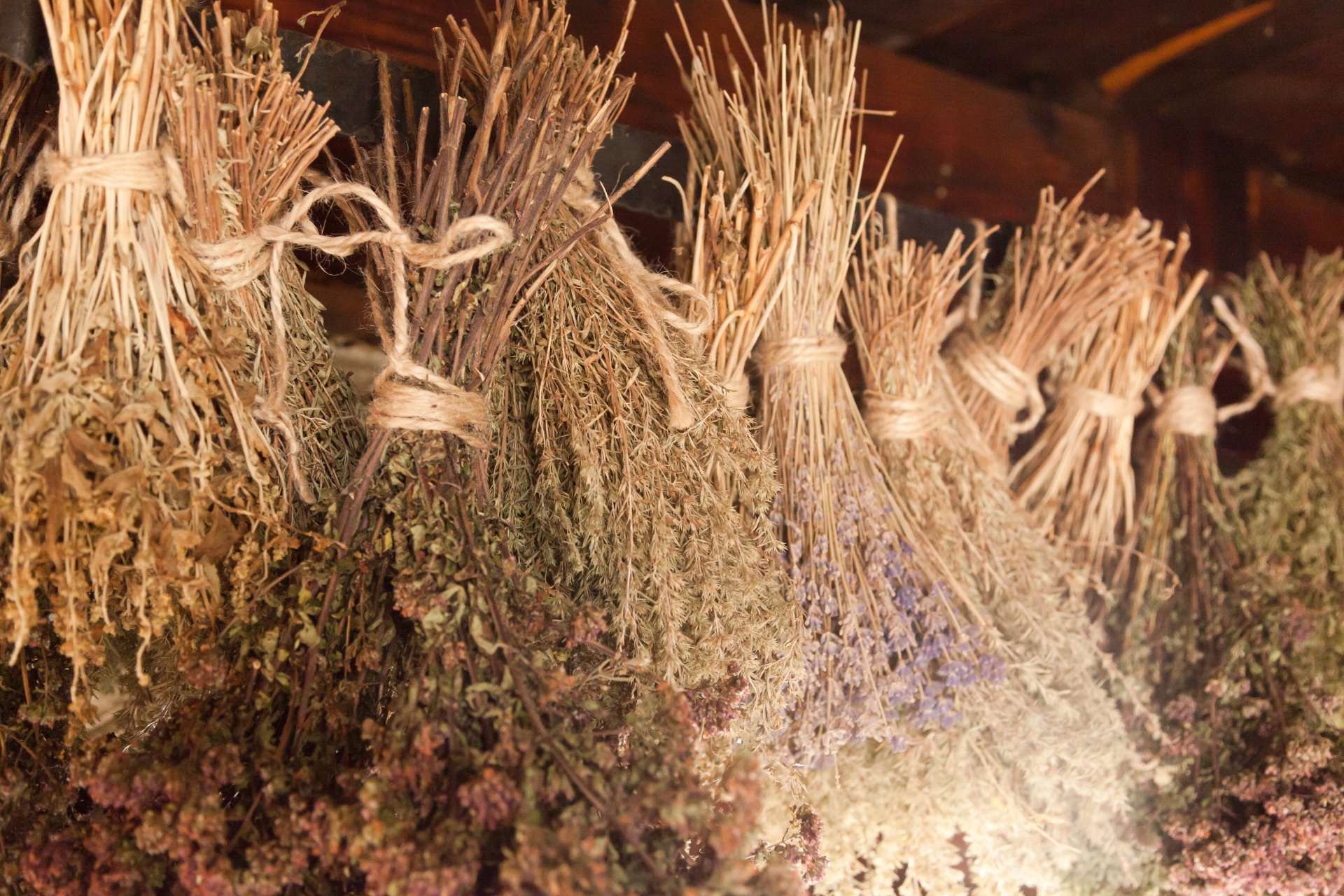Stress IS contagious: Primitive instincts cause us to pick up on other people’s fear and stress
04/08/2018 / By Jessica Dolores

Imagine this: You’re leisurely going about your day when you meet someone on edge. Immediately, what was once peace and quiet becomes caught up in the stress and dissipates.
If this applies to you, then you’ve just been infected by the virulent stress bug. It may be a figurative expression; nonetheless, science has proven that stress is contagious.
This was the focus of a study conducted by researchers from the Cumming School of Medicine at the University of Calgary. The findings of the study, published in the journal Nature Neuroscience, may help explain specific stress-related conditions, such as incidences where family members of soldiers with post-traumatic stress disorder (PTSD) exhibit similar symptoms – even if they have never been part of the military.
In the study, Dr. Jaideep Bains and his team at the Cumming School of Medicine looked at how stress can be transmitted using pairs of male and female mice. The team took one mouse from each pair away from the other and exposed it to mild stress before returning it to its partner. They found that the neural networks that regulate the brain’s response to stress have changed for both the stressed mouse and its naive partner. Even more interesting was the fact that the networks were both altered similarly.
“There [have] been other literature that shows stress can be transferred — and our study is actually showing the brain is changed by that transferred stress,” according to lead author Toni-Lee Sterley. “The neurons that control the brain’s response to stress showed changes in unstressed partners that were identical to those we measured in the stressed mice.”
Researchers also found that activated neurons release an “alarm pheromone,” in the stressed mouse – which his partner picks up. It then alerts other members of the group.
“What we can begin to think about is whether other people’s experiences or stresses may be changing us in a way that we don’t fully understand,” explained Bains.
Another thing that his group discovered was that the effects of stress disappear in female mice after a social interaction. However, this was not the case in male mice.
The researchers believe that the results of the study may benefit personalized approaches in treating stress disorders in people.
Beat stress effectively with these lifestyle changes
At the end of the day, beating stress isn’t just a personal win: It also affects people close to us and saves them from needless worry.
Here are some simple ways to beat stress naturally.
- Eat anti-stress food. Diets consisting of processed foods, grains, sugars, and artificial chemicals put a strain on our bodies. Opt for fresh food and lots of water – and steer away from stress-inducing coffee.
- Avoid toxins. Stress makes it hard for our liver and kidney to get rid of toxins, so be kind to these vital body organs and steer away from plastic chemicals in household cleaners and deodorants, processed food, and nicotine.
- Sleep tight. Sleep is one of the best ways to fight stress. It clears the mind, beats fatigue and calms the body.
- Just say no. It’s good to help others, but only to some extent. Learn the danger of spreading yourself too thin, of not having enough ‘me time’ and quality moments with the family.
- Exercise. This releases endorphins which help regulate insulin and boosts hormone levels, as well as strengthen the immune system.
- Load up on antioxidants. Stress triggers adrenaline production which robs the body of vitamins and minerals. This is why we have to load up on antioxidants. Green tea, yerba mate tea, and peppermint tea are rich in antioxidants and vitamins to help us deal with stress.
- Psych yourself up. Go ahead. Tell yourself how confident and smart you are. Remind yourself that there’s nothing to be afraid of while admitting that yes, you feel stressed. Surround yourself with good vibes – family photos, greeting cards, souvenirs from an out-of-town trip, anything that makes you feel great.
Learn even more ways to ensure our feel-good, sunshiny selves can live stress-free by following Healing.news today.
Sources include:
Tagged Under: brain function, mind-body medicine, neurons, post traumatic stress disorder, PTSD, research, stress, stress relief, stress-related condition, weird science




















